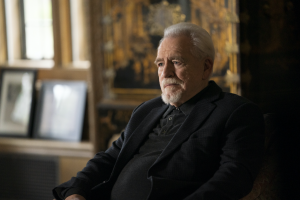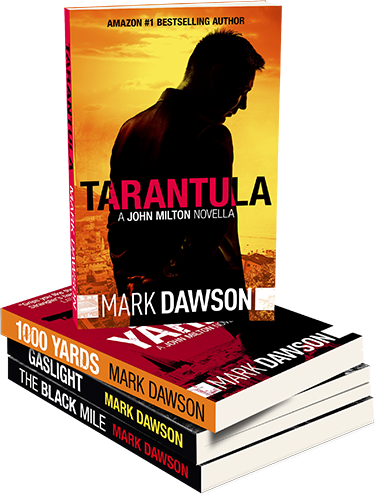I’ve been working my way through my endless list of TV shows to be watched, taking whatever chance I can get to switch my brain into a different gear after a long day mining words at the coalface. In a way, it’s a bit like the famous Stephen King quote about writers – “If you want to be a writer, you must do two things above all others: read a lot and write a lot.” So, I stretch that (very good) advice a little, and enjoy looking at narratives in different media to see how those things work, and what things work better than others.
The latest from the long list is SUCCESSION. It’s a wonderful show, and manages to be engaging and entertaining with one significant, self-inflicted challenge – every single character is horrible. How do you make a show where the audience cannot show empathy for any of the protagonists? It’s a tall order, for sure, yet the creators have achieved it in spades.
To quickly summarise the premise – it follows a large family, hideously rich and indulged, headed up by an older patriarch, at odds with the schemings of his children, who want to be hideous and rich in a different way to him, each one of the parties desperate to continue clambering up the greasy pole, especially if it comes at the detriment of the other players in the drama. It’s very obvious where the inspiration for this family comes from, and could be very easy for an audience to be left cold by them. But, I found that the opposite happens. These characters are so dreadful that you can enjoy the story on a couple of levels. Chiefly, you enjoy the many defeats that they suffer, even if it means that someone ends up (temporarily) victorious. Also, maybe there’s an element of vicariousness as well, with audiences sometimes enjoying empathising with villains, with the escapism of “being bad” hopefully only temporarily, and from afar. It’s why Walter White and Tony Soprano are so enduring. SUCCESSION manages to have a raft of them, even if the patriarch figure – Logan Roy – seems to be the monstrous character that will live longest in the memory.
I hope my villains are as memorable. SUCCESSION reminds me that a successful villain doesn’t necessarily have to be the fist-clenching, speech-making pantomime monsters of cliché. Good villains can come in all shapes and sizes. I’ve heard it said that the best villains are the ones that “have a point”, adding a level of sympathy to their purpose, even if their methods are what pushes them over to the dark side. Walter White wants to earn money, at least initially, to pay for his medical treatment, and support his family, for instance.
I’m looking forward to seeing what the hideous characters in SUCCESSION get up to next. Horrible, hateful people. I love spending time with them.

